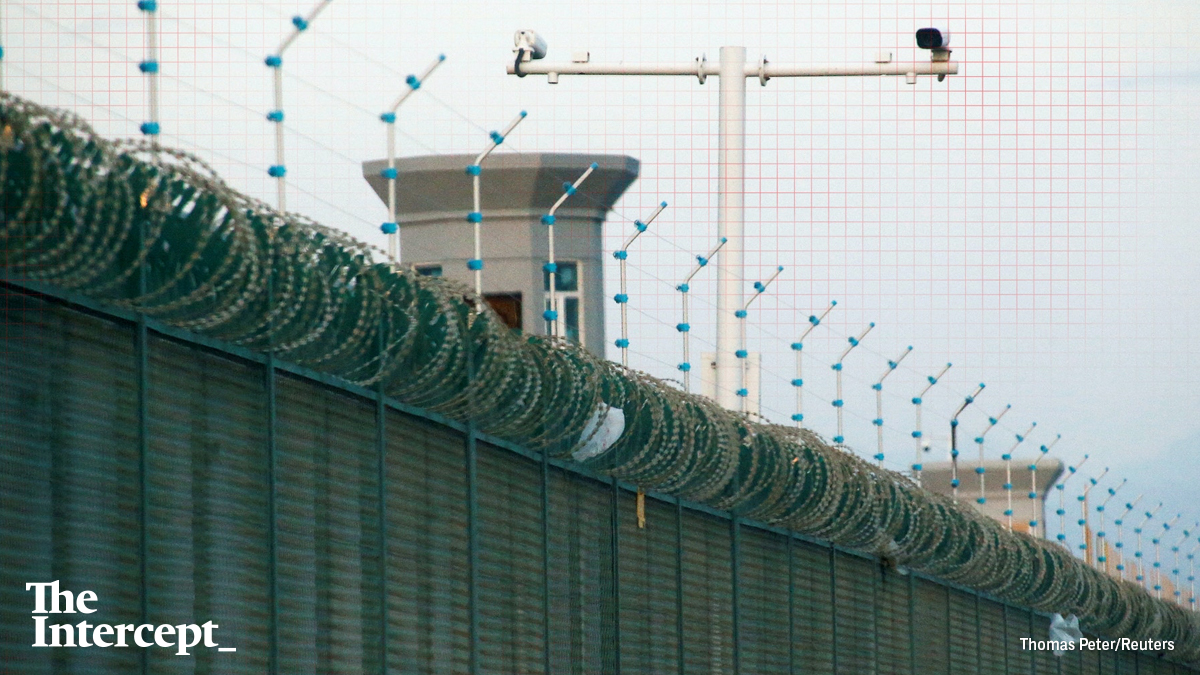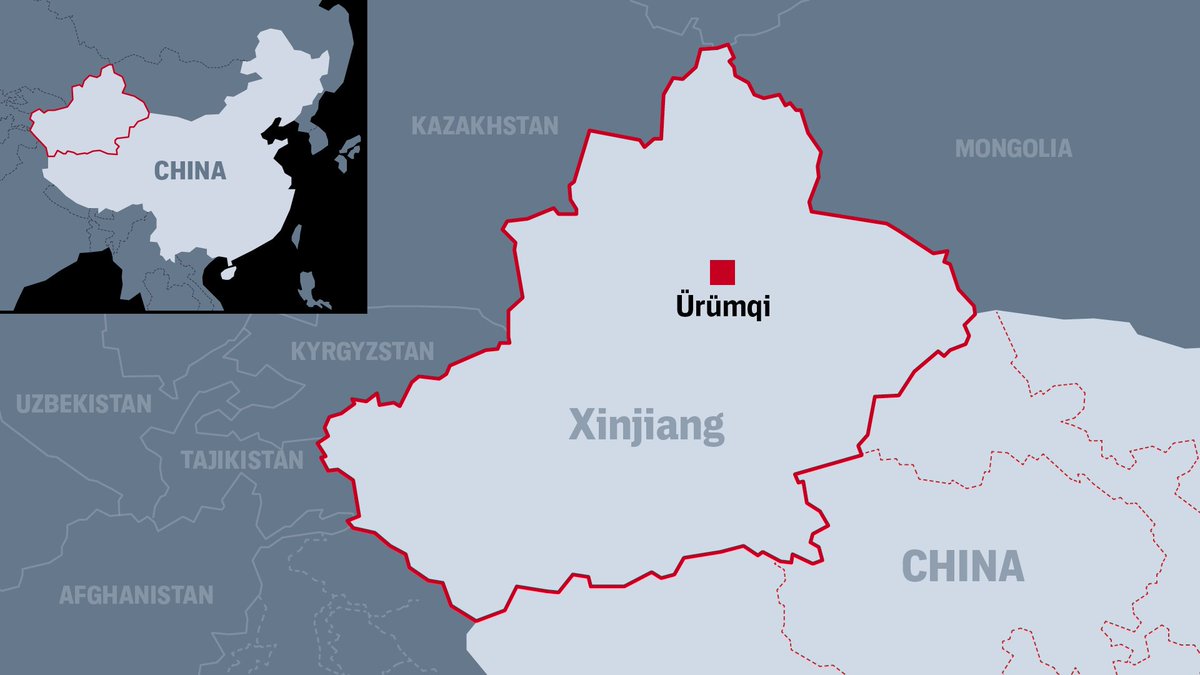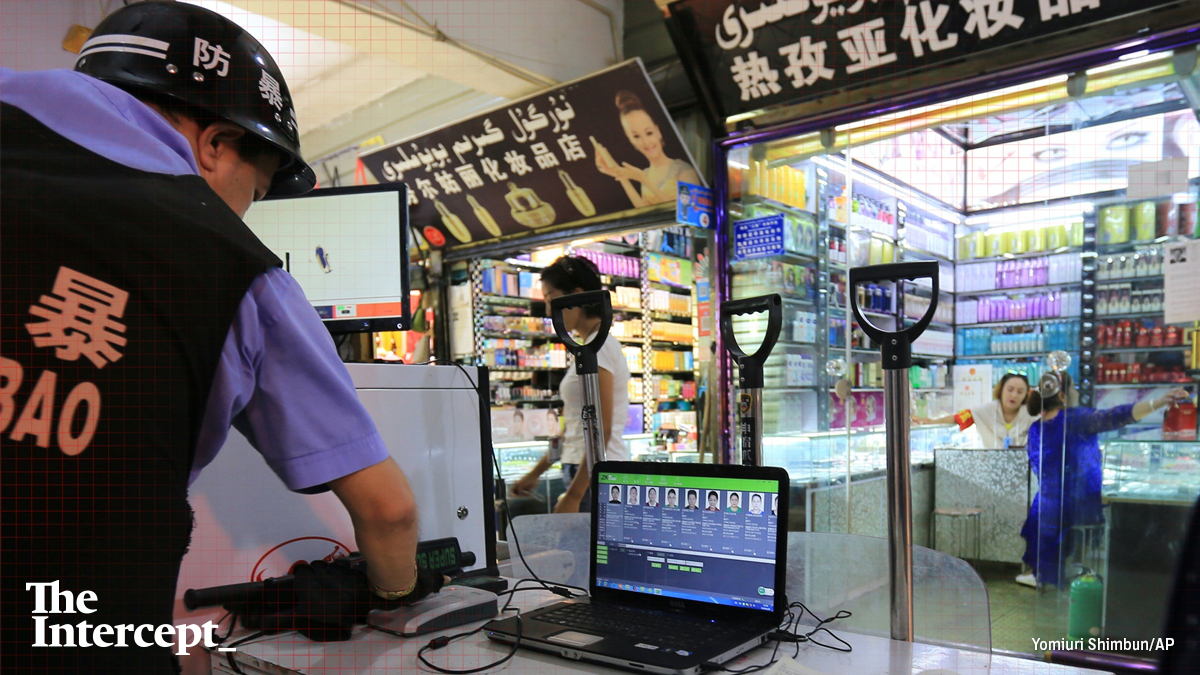The order came through a police automation system in Ürümqi, the capital of China's northwest Xinjiang region. https://interc.pt/2YtoRAM
“This situation needs major attention.” The report stated a female relative of a purported extremist had been offered free travel south, to Yunnan province.
The relative had found the offer through the messaging app WeChat, in a group known simply as “Travelers.”
The relative had found the offer through the messaging app WeChat, in a group known simply as “Travelers.”
“This group has over 200 ethnic-language people,” the order stated. “Please investigate immediately.”
Authorities homed in on the group because of ethnic and family ties. Its members included Muslim minorities like Uyghurs, Kazakhs, and Kyrgyz.
Authorities homed in on the group because of ethnic and family ties. Its members included Muslim minorities like Uyghurs, Kazakhs, and Kyrgyz.
“Find out the background of the people who organize 'free travel,' their motivation, and the inner details of their activities,” the order stated.
Details of investigations such as this one from 2018 are contained in a massive police database obtained by The Intercept.
Details of investigations such as this one from 2018 are contained in a massive police database obtained by The Intercept.
The database is a product of a reporting tool developed by private defense company Landasoft and used by the Chinese government to facilitate police surveillance of citizens in Xinjiang.
Centered on Ürümqi, the database includes policing reports that provide additional details about many elements of the persecution and large-scale internment of Muslims in the area.
The database quantifies and provides details on the extensive electronic monitoring that goes on in Xinjiang, containing millions of text messages, phone call records, contact lists, and references to WeChat monitoring as well as e-commerce and banking records.
The database also sheds further light on a campaign of repression that has reportedly seen:
Cameras placed in homes;
Mass detention camps;
Children placed in preschool camps;
Systematic campaign to suppress Uyghur births through forced abortion, sterilization, and birth control.
Cameras placed in homes;
Mass detention camps;
Children placed in preschool camps;
Systematic campaign to suppress Uyghur births through forced abortion, sterilization, and birth control.
Authorities in the region direct investigations and other police work using an approach one expert, after examining portions of the database, described as “hyperpolicing,” cracking down on any aberrant behavior.
One illustration of how policing became increasingly aggressive is a report discussing how one knife at a dumpling shop was not securely chained.
Documents show laws in Xinjiang require not only the chaining of knives, but also bar codes identifying their owners.
Documents show laws in Xinjiang require not only the chaining of knives, but also bar codes identifying their owners.
People are watched up close and at a distance, with some information directly sucked out of their digital devices, other data collected from taps and sensors, and still more from relatives and informants the community.
Informants are rewarded for passing along information, but people are also rewarded for more specific actions. Linking their WeChat account, passing a verification, and posting an image can all result in a cash reward.
All of this is tracked and reflected in the database.
All of this is tracked and reflected in the database.
Taken together, the materials provide a broad overview of how the extensive surveillance systems deployed in Xinjiang fit together to repress minority populations and how pervasively they impact day-to-day life in the region.
“Overall, this testifies to an incredible police state, one that is quite likely to place suspicions on people who have not really done anything wrong,” said Adrian Zenz, an anthropologist and researcher who focuses on Xinjiang and Tibet.

 Read on Twitter
Read on Twitter




